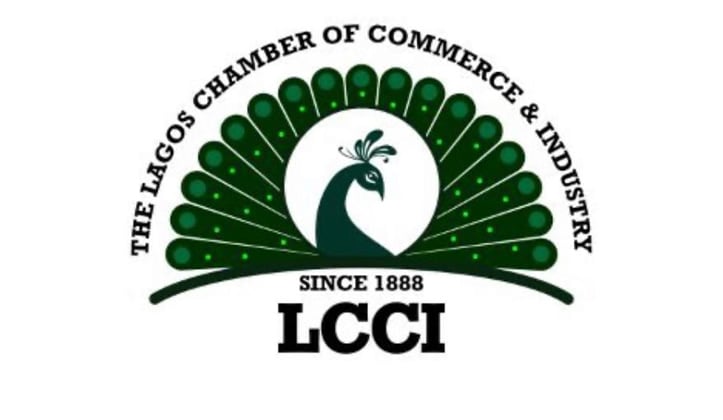The Lagos Chamber of Commerce and Industry (LCCI) has voiced its strong disapproval of the Nigeria Customs Service’s (NCS) continued enforcement of the four percent Free-on-Board (FOB) levy on imported goods. This levy, introduced under the Nigeria Customs Service Act 2023, has been a source of contention since its inception, drawing sharp criticism from the organized private sector (OPS). The LCCI argues that despite a formal directive from the Minister of Finance, Wale Edun, suspending the levy, the NCS persists in its collection, thereby increasing import costs, diminishing competitiveness, and undermining investor confidence in the Nigerian economy. This defiance of a ministerial order, according to the LCCI, creates policy uncertainty and casts doubt on the government’s commitment to easing the cost of doing business in the country.
The core of the LCCI’s argument lies in the perceived conflict between the NCS’s justification for the levy and the Minister of Finance’s authority. While the NCS claims legal backing under Section 18(1)(a) of the NCS Act 2023, the LCCI maintains that the Minister of Finance holds the constitutional mandate for fiscal policy. Therefore, a ministerial suspension should be immediately effective unless overturned by a higher authority, such as the National Assembly or a competent court. The LCCI emphasizes the importance of respecting the established hierarchy of authority in fiscal matters to ensure policy clarity and stability. The continued collection of the levy, despite the ministerial directive, sends a confusing message to businesses and investors, undermining their confidence in the government’s commitment to fostering a conducive business environment.
The LCCI’s concerns extend beyond the immediate financial impact of the levy. The organization argues that the increased import costs resulting from the levy erode the competitiveness of Nigerian businesses, especially in the face of existing challenges such as high exchange rates, energy shortages, and weak consumer demand. This puts Nigerian businesses at a disadvantage compared to their counterparts in other countries, potentially leading to job losses and a decline in economic growth. Moreover, the LCCI asserts that the levy’s continued enforcement creates a climate of uncertainty and unpredictability, deterring potential investors and hindering the growth of the Nigerian economy.
The LCCI’s call for action is multifaceted. First, it urges the NCS to immediately recalibrate its systems to reflect the suspension of the FOB levy and issue a public notice confirming its compliance with the ministerial directive. This is seen as a crucial step to restore confidence and demonstrate respect for the established authority of the Minister of Finance in fiscal matters. Second, the LCCI calls upon the Ministry of Finance and the National Assembly to engage in constructive dialogue and resolve any legal ambiguities surrounding the levy. This collaborative approach is deemed necessary to establish a clear and consistent policy framework that promotes business growth and investor confidence.
The LCCI’s concerns echo those voiced by other private sector groups, including the Airline Operators of Nigeria (AON) and the Manufacturers Association of Nigeria (MAN). These organizations have consistently opposed the FOB levy, arguing that it adds unnecessary burdens to businesses already grappling with numerous economic challenges. The AON and MAN, like the LCCI, have called for the complete removal of the levy to create a more level playing field for Nigerian businesses. Their collective voice underscores the widespread opposition to the levy within the private sector and reinforces the urgency of addressing the issue.
The FOB levy represents a significant point of friction between the government and the private sector. The LCCI’s firm stance against the levy, along with the support of other prominent business organizations, highlights the need for greater collaboration and transparency in policymaking. A clear and consistent regulatory environment is essential for fostering a thriving business ecosystem and attracting much-needed investments to drive economic growth. The continued enforcement of the FOB levy, despite the ministerial suspension, sends a negative signal to the business community and undermines the government’s efforts to improve the ease of doing business in Nigeria. Therefore, swift action to resolve this issue is crucial for restoring investor confidence and promoting sustainable economic development.


